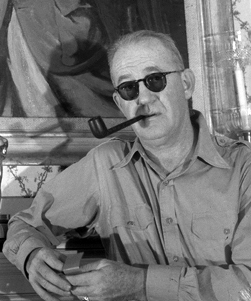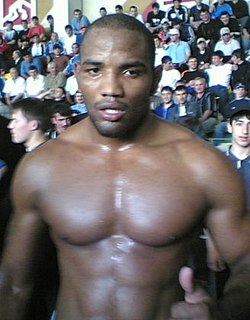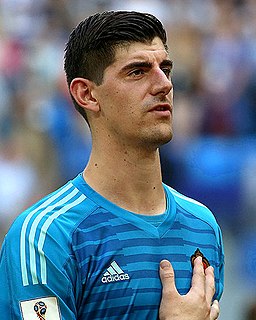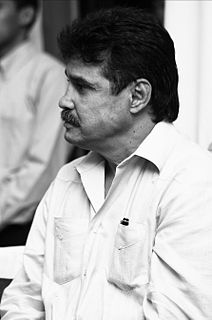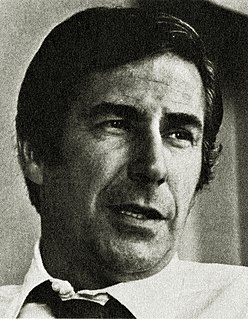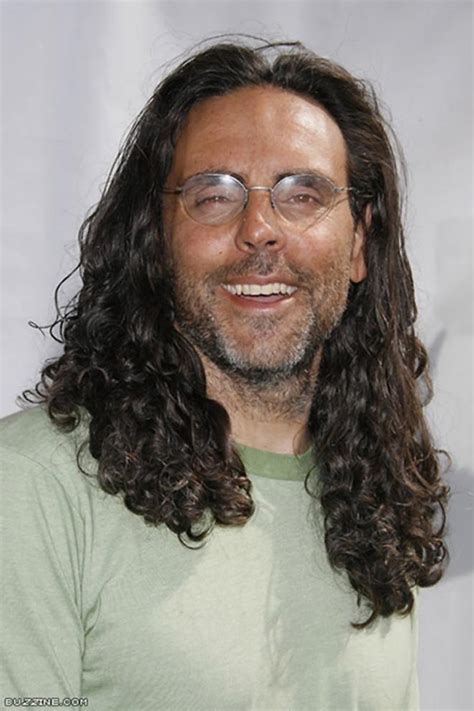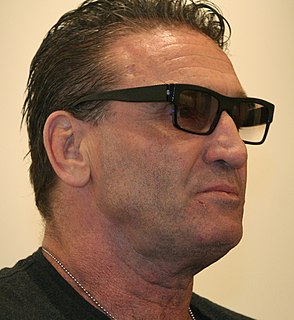A Quote by John Ford
Related Quotes
If something doesn't turn out as planned, you will ask yourself, 'How did I create that? What was I thinking? What were my beliefs? What did I say or not say? What did I do or not do to create that result? How did I get the other person to act that way? What do I need to do differently next time to get the result I want?'
Everybody knows how to get prepared for an MMA fight. Everybody knows what the other person is going to do. Whereas when I did it, MMA was really style against style. Things you hadn't seen before, you'd see for the first time. People didn't know how to train properly for it, and the coaching wasn't there yet, either.
